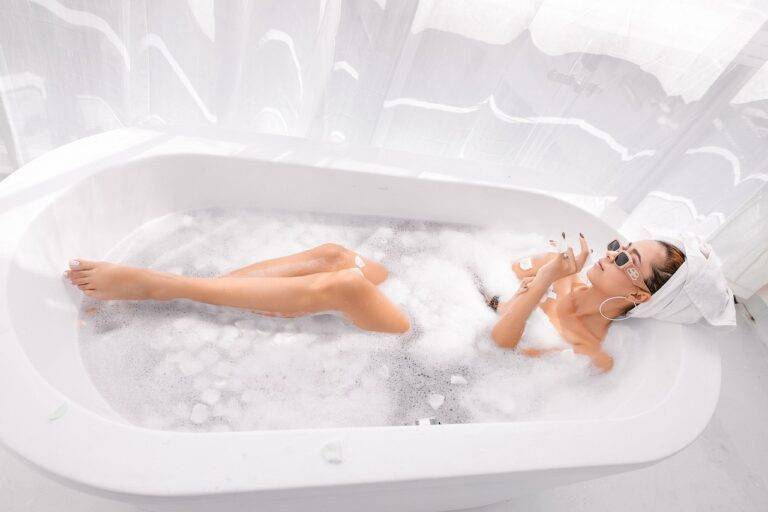DIY Home Spa: Treat Yourself to Relaxation and Pampering Without Leaving Home
To establish a calming environment in your home, consider incorporating soft lighting and soothing scents. Dimming the lights, lighting scented candles, and playing gentle music can all contribute to creating a peaceful ambiance. Additionally, decluttering and organizing your space can help promote relaxation and reduce feelings of stress and anxiety.
Plants can also be a wonderful addition to your space, bringing a touch of nature indoors. Consider placing a few houseplants around the room to add a sense of tranquility and freshness. Choose plants known for their air-purifying qualities, such as peace lilies or snake plants, to enhance the overall well-being of your environment.
Choosing Essential Oils for Aromatherapy
Essential oils have been used for centuries to promote relaxation and improve overall well-being. When selecting essential oils for aromatherapy, it is important to consider the specific benefits and properties of each oil. For example, lavender oil is known for its calming effects and is often used to reduce stress and promote better sleep. On the other hand, peppermint oil is invigorating and can help to increase energy levels and focus.
Another important factor to consider when choosing essential oils for aromatherapy is personal preference. Each individual may have different reactions to various scents, so it is essential to choose oils that resonate with your senses and bring you a sense of comfort and relaxation. Experimenting with different oils and blends can help you discover which scents work best for you and create a personalized aromatherapy experience tailored to your unique needs.
• Lavender oil is known for its calming effects
• Peppermint oil can help increase energy levels and focus
• Personal preference plays a key role in choosing essential oils for aromatherapy
• Experimenting with different oils and blends can help discover what works best
• Creating a personalized aromatherapy experience tailored to unique needs is important
DIY Facial Masks and Scrubs
Facial masks and scrubs are popular choices for at-home skincare routines. By using natural ingredients found in your pantry, you can create an effective skincare treatment that is both affordable and free from harsh chemicals. DIY masks can help to improve the overall appearance of your skin and target specific concerns such as acne, dullness, or dryness.
Before applying any homemade mask or scrub, it’s important to do a patch test on a small area of your skin to ensure that you don’t have any adverse reactions. Additionally, some ingredients may be irritating to certain skin types, so it’s crucial to double-check that the chosen ingredients are suitable for your skin. With a bit of research and experimentation, you can discover the perfect combination of ingredients that will leave your skin looking and feeling refreshed and rejuvenated.
How can I create a relaxing atmosphere for a DIY facial mask or scrub?
You can create a relaxing atmosphere by playing soothing music, lighting candles, and dimming the lights to set a calming mood.
What are some essential oils that are good for aromatherapy in facial masks and scrubs?
Some popular essential oils for aromatherapy in facial masks and scrubs include lavender for relaxation, tea tree for acne-prone skin, and peppermint for a refreshing scent.
Can I customize my DIY facial masks and scrubs to suit my skin type?
Yes, you can customize your DIY facial masks and scrubs by choosing ingredients that are suitable for your skin type, such as adding honey for moisturizing dry skin or using clay for oily skin.
How often should I use DIY facial masks and scrubs?
It is recommended to use DIY facial masks and scrubs 1-2 times a week to avoid over-exfoliating and irritating the skin. Be sure to follow up with a moisturizer after using a scrub to keep your skin hydrated.
Are there any ingredients I should avoid when making DIY facial masks and scrubs?
Yes, you should avoid using ingredients that may be harsh on the skin, such as lemon juice or baking soda, as they can cause irritation and damage to the skin barrier. It is important to patch test any new ingredients before applying them to your face.







